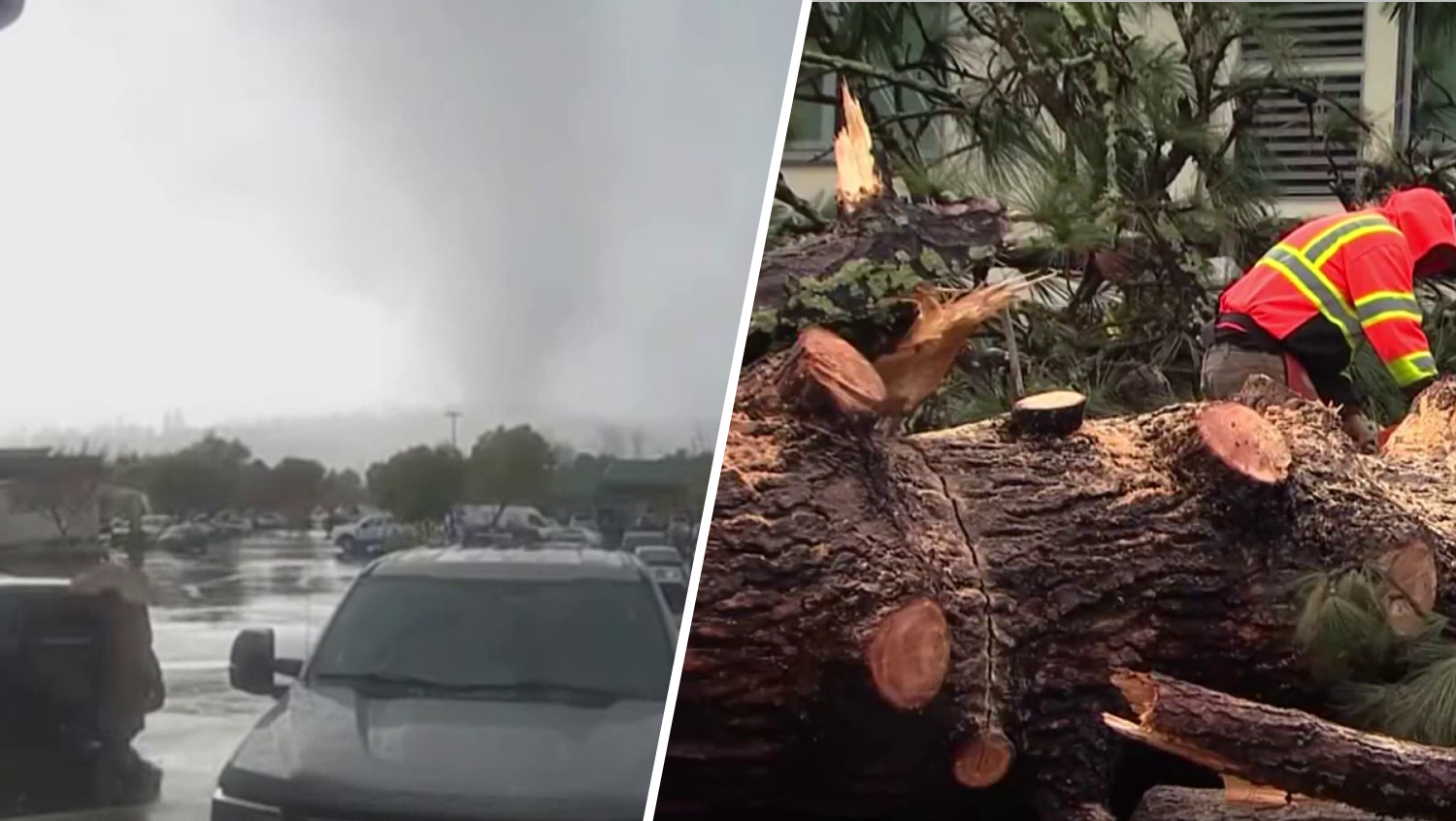California lawmakers approved a $262.6 billion operating budget on Monday. The budget represents an agreement between Gov. Gavin Newsom and the state's top two legislative leaders, all Democrats.
Newsom will likely sign the budget into law before the state's new fiscal year begins on Thursday. While the budget lawmakers approved covers much of state government, some details remain unfinished, including decisions on how to spend money on wildfires and the drought.
Here's a look at what's in the budget:
Cash for Businesses and Most Taxpayers
The budget includes $8.1 billion in rebates for most taxpayers. The amount depends on income, children and how taxes have been filed.
Adults with children who earn $30,000 a year or less will get $500. That's in addition to the $600 checks they got earlier this year, for a total of $1,100.
Adults who earn between $30,000 and $75,000 will get $600 if they don't have children and $1,100 if they do.
Local
People who file their taxes using a taxpayer identification number — mostly immigrants — get more. Adults with children earning $30,000 or less will get $1,000. Adults with children who earn between $30,000 and $75,000 will get $1,000. Immigrants who are not citizens get more money because they were excluded from federal pandemic relief checks.
The budget also includes $1.5 billion in grants for small businesses harmed by the pandemic — money they don't have to pay back.
Get a weekly recap of the latest San Francisco Bay Area housing news. >Sign up for NBC Bay Area’s Housing Deconstructed newsletter.
Universal 4-Year-Old Kindergarten
The budget provides ongoing funding to expand the state's two-year kindergarten program to include all 4-year-olds for free. The program would phase in the expansion to everyone by the 2025-26 school year at a cost of $2.7 billion per year. Right now, abut 91,000 4-year-olds are enrolled in “transitional kindergarten.” This proposal would boost that to about 250,000 children.
More Money for Homeless Services
The spending plan commits $12 billion for homelessness programs over the next two years. That includes $1 billion for local governments — a rare multi-year commitment from the state to pay for local homelessness programs.
Eliminating Pandemic Cuts
Last year, lawmakers passed a number of spending cuts because they thought they were facing a $54.3 billion budget shortfall caused by the pandemic. That shortfall never happened. This budget restores those cuts. Most state workers will get their salaries restored, plus raises. The court system, public schools, and public colleges and universities all get their funding restored.
Expanding Medicaid
The budget would pay the health care costs for low-income immigrants who are 50 and older and living in the country illegally by making them eligible for Medicaid. It would eventually cost $1.3 billion per year when fully implemented. The budget also eliminates a rule that makes more people 65 and older eligible for Medicaid.
Money for More College Students
The budget includes $155 million to make more people eligible for Cal Grants — money to help students pay for college that they don't have to pay back. This money will help students who are older and have been out of high school longer qualify for these grants.
More In-State Students at California Colleges
The budget requires three of the state's most popular public universities to admit more in-state students. Under the plan, UCLA, UC Berkeley and UC San Diego would replace 900 out-of-state students with California students each year. Out-of-state students pay more tuition, so the state would pay those schools $184 million over the next three years.
Free School Lunch
The budget includes $54 million this year and $650 million in future years to pay for free breakfast and lunch for all public school students.



